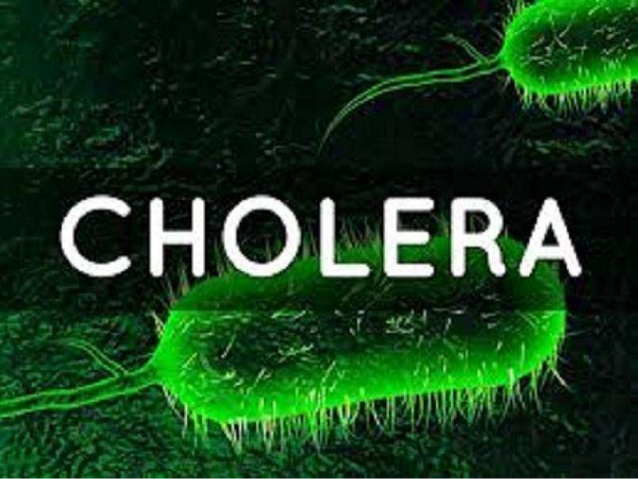Some residents of Kaduna State have narrated how the recent cholera outbreak, that has claimed at least 132 lives in the state, has brought them to their knees, urging governments at all levels to ensure clean, stable water supply in rural communities.
Arewa Trust Weekly reports that the Commissioner for Health, Dr Amina Mohammed Baloni, said cholera had killed 132 persons in the state between April and August in 19 local government areas while 1,665 cases have been recorded out of which 842 have been treated and discharged.
Speaking with our correspondent, Malam Ibrahim Abdullahi, a resident of Anguwan Dosa, said he is yet to recover from the recent loss of his son to cholera. Abdullahi, a teacher, said his late son had experienced acute vomiting and was rushed to the hospital where he died a few hours later.
He appealed to government to enforce proper refuse disposal system as well as laws on open defecation and control of movement of domestic animals within communities.
“Most people have attributed the disease to the lack of toilet facilities and poor personal hygiene. Animals are also allowed to move freely from house to house and the disease is spreading more especially during the rainy season because dirty things are washed into the wells and rivers which we use for drinking,” he said.
For the family of Alhaji Usman Ahmed, the death of their son, Auwal, a day after Sallah was a heart-wrenching experience. The family patriarch told Arewa Trust Weekly that he had received an emergency call on Sallah day that his wife was vomiting and had rushed to take her to the hospital where she was treated.
“While in the hospital, I received another call that my little son was also vomiting and we came back home, took him to the same hospital where he was treated. But the following day, Auwal died,” he said.
But Aliyu Sulaiman, a resident of Rigasa whose two sons also contracted the disease and have been treated, said he was lucky as Allah had spared their lives.
“My first son was admitted in the hospital before the youngest one. The youngest suffered a lot; before we reached the hospital, he was in a terrible condition and was admitted instantly. The eldest couldn’t walk and had to consume about 15 satchets of drip.”
He said he had given up on his son’s survival when he visited him in the hospital especially seeing the number of patients on admission and the lack of bed spaces at the time. Aliyu whose sons are now back at home and recuperating appealed to communities in Kaduna to clean their environment and ensure all consumable items are properly washed before consumption.

 Join Daily Trust WhatsApp Community For Quick Access To News and Happenings Around You.
Join Daily Trust WhatsApp Community For Quick Access To News and Happenings Around You.


